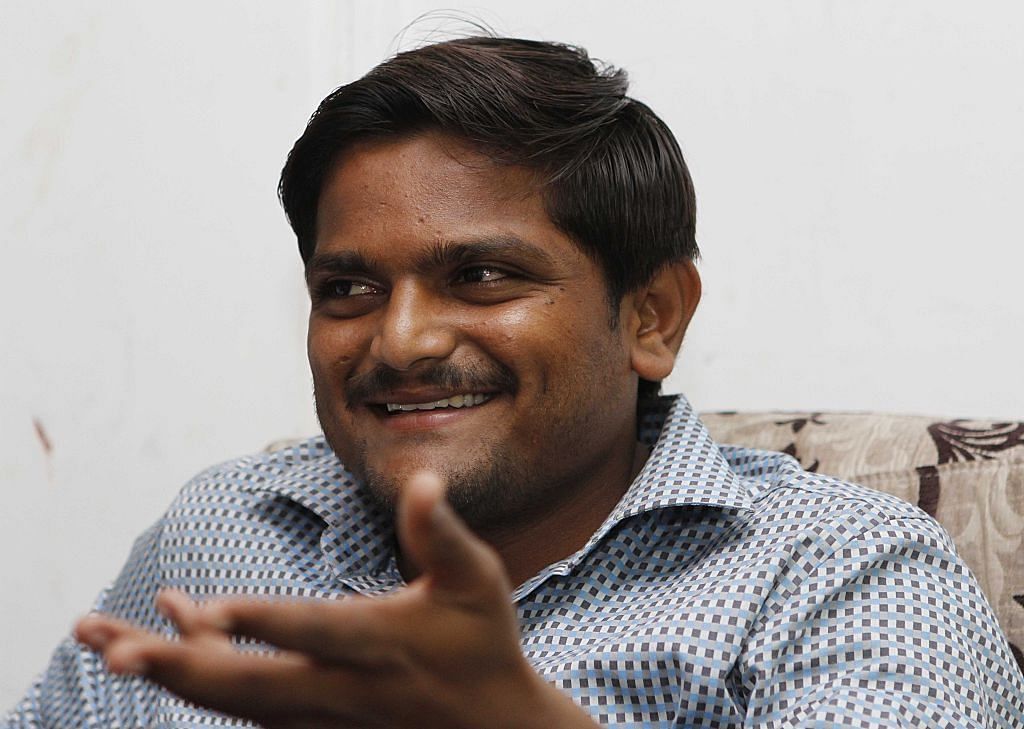Two intimate video clips featuring Gujarat’s Patidar Anamat Andolan Samiti leader Hardik Patel with a woman, and holding a drink in his hand, are being widely shared on social media this week. The emergence of the videos in the middle of a heated election campaign raises questions about privacy, public image, defamation, and political morality. Patel has called it a sign of dirty politics, an invasion of his privacy, and “character assassination”.
Should sex tapes of politicians be part of political discourse and can they influence election outcomes in India?
It is appalling. It is disgusting. What have we gotten into?
The so-called ‘objectionable sex CD’ has become politics by other means. Wait, it is not politics alone; it has also become ‘adult entertainment’ — with titillating details of sexual lives of politicians.
In the ultra-transparent world of Twitter, Facebook and Instagram, the Indian public has increasingly become more Americanised, enjoying voyeuristic pleasures from the sexual (mis)conduct of politicians.
Using sex as a secret weapon of seduction against political enemies is an ancient practice in India. Vish Kanyas (poison damsels) were part of the state-craft of Chanakya. But instances of fulfilment of intimate sensuous desires in the nature of love and pleasure were never part of public spectacle, as Indians guarded themselves against degenerating into a hyper-sexualised perverse world of political porn.
Here are other sharp perspectives on the sex tapes and scandals influencing election outcomes:
Yashwant Deshmukh: psephologist
Jignesh Mevani: lawyer and Dalit leader from Gujarat
Sanjay Hegde: senior advocate, Supreme Court
Shekhar Gupta: chairman and editor-in-chief, ThePrint
True, Indians have been embarrassed by permissive sexual behaviour and insatiable liaisons of their gods and goddesses. But they condemn sex scandals in general, and don’t tolerate sexual predators in public office. However, this does not mean Indians are regressive and puritanical, for they also condone rather ambivalently sexual (Kāma) interactions that serve non-sexual secular and aesthetic pursuits.
Like the French, Indians have often treated private intimate relations of politicians with ‘deference and delicatessen’. In Indian tradition, ambivalence has been a civilisational virtue and necessary in politics. Everything is not a binary. Different societies have responded to such things very differently.
Not surprisingly, there is no credible empirical evidence that sex CDs of politicians have adversely affected the fortunes of political parties in elections.
Apparently, Indian voters make a crucial distinction (Lakshman rekha) between sexual harassment/exploitation and intimate sexual relations between consenting individuals. The Jalgaon sex racket and ice-cream parlour scandals in Kerala are instances of exploitative category of sexual politics. Without diluting the feminists’ war on sexual violence, we, thus, revert to classical Indian attitudes of ambiguity, discretion, and tolerance towards things considered private and intimate.
People have perhaps forgotten Gandhi’s whacky experiments with celibacy, or other prominent politicians’ unconventional lifestyles in politics – and yet all of them continued to remain non-controversial.
Ashwani Kumar is a poet, author, and professor at TISS, Mumbai
